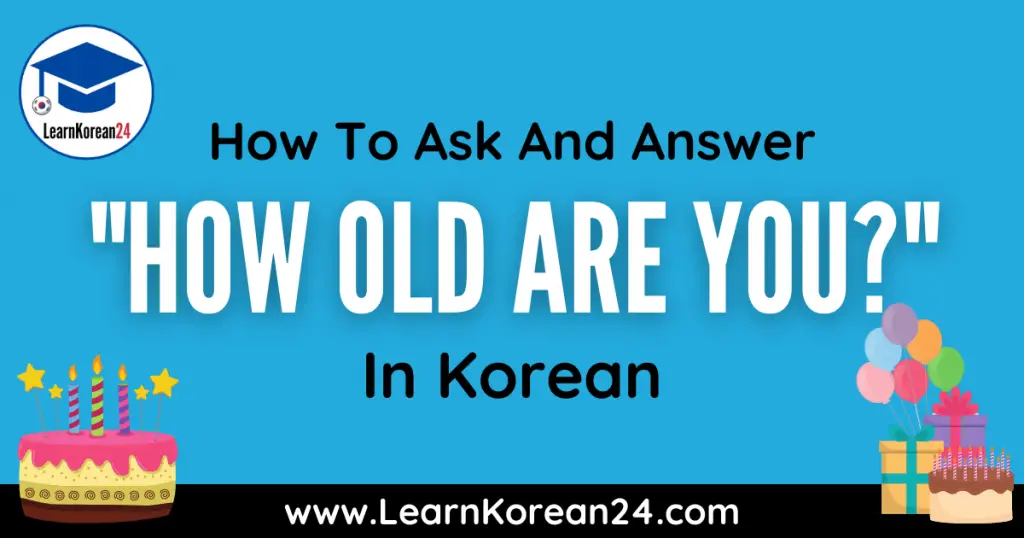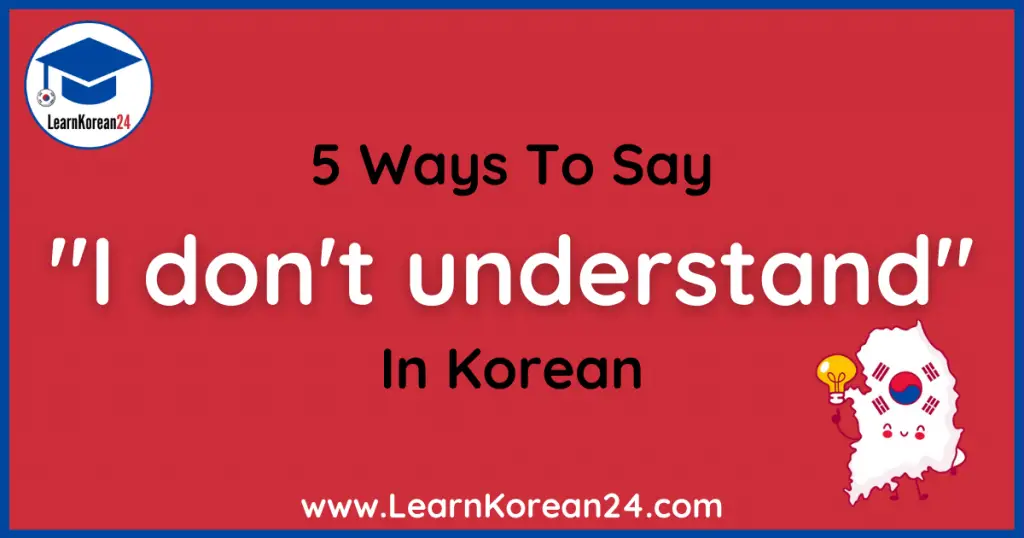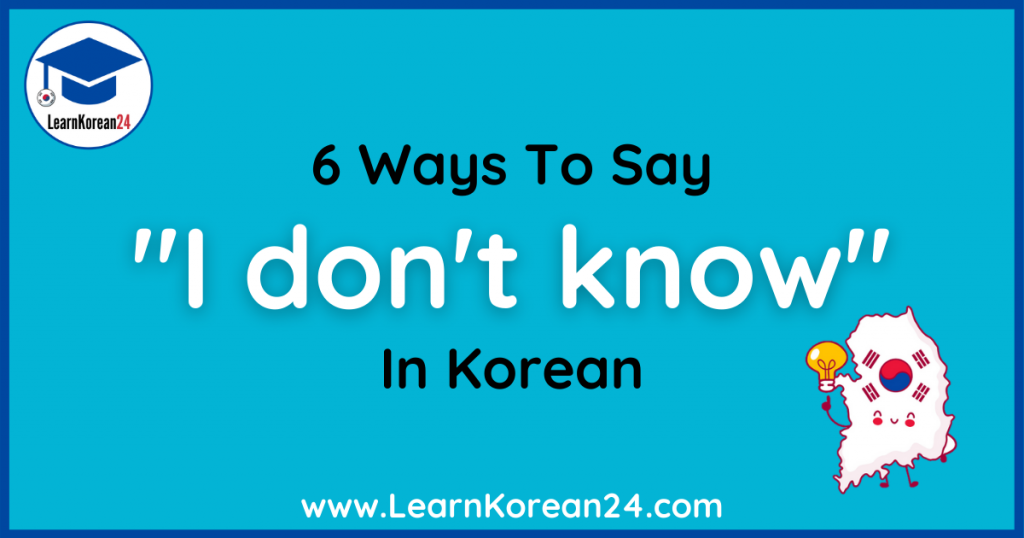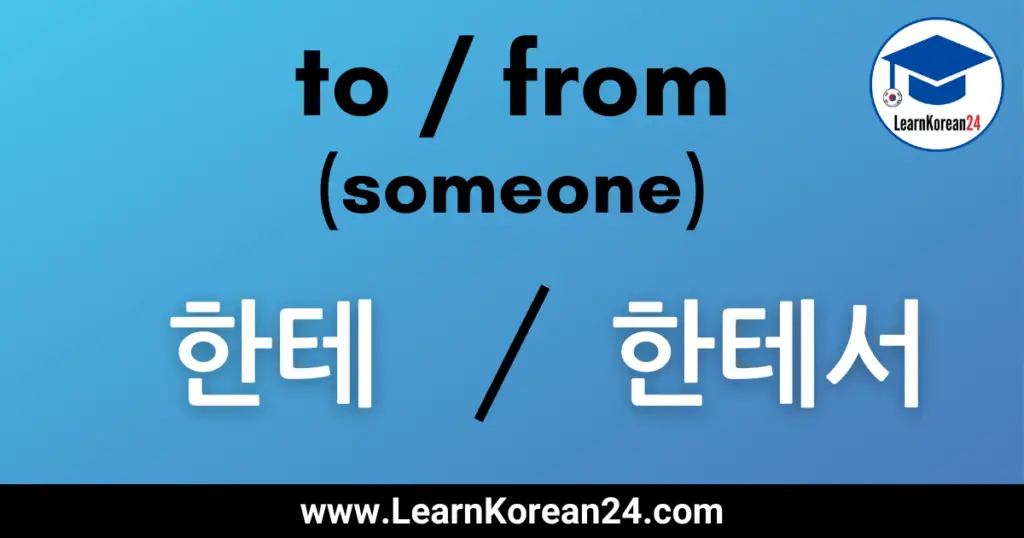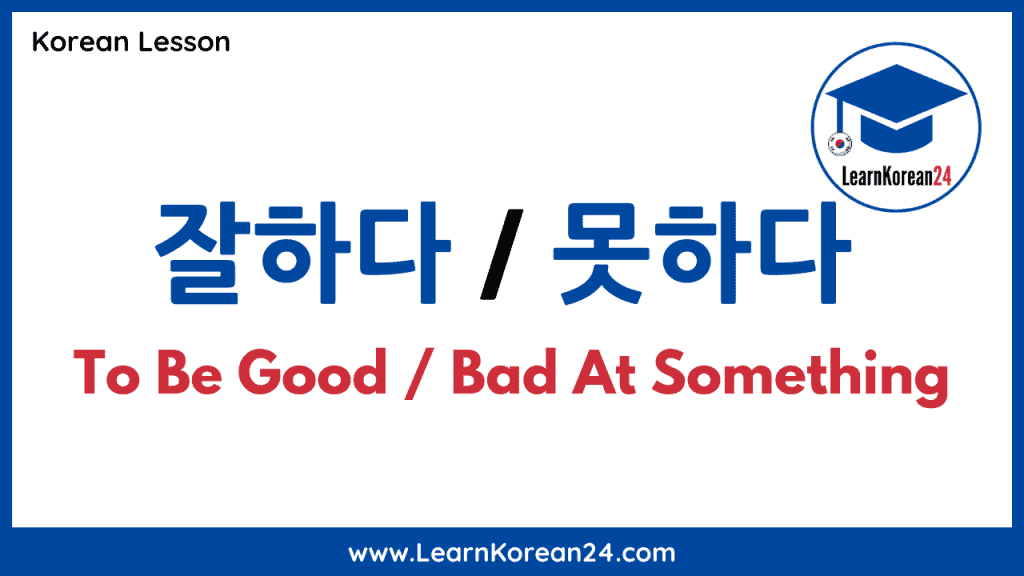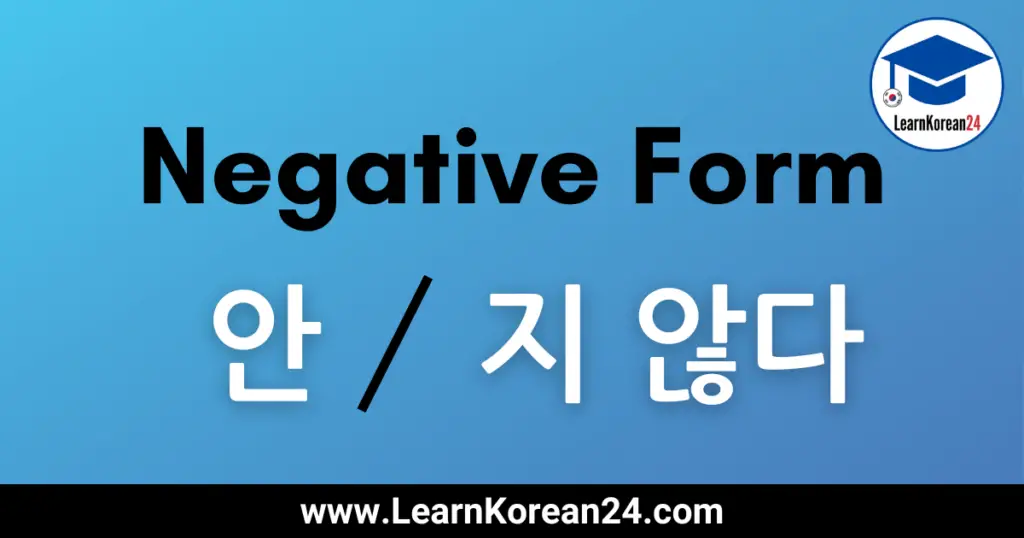Latest Lessons From Our Blog
Learn Korean Adverbs Of Frequency
In this lesson, you will learn Korean adverbs of frequency and how to use these adverbs in a sentence. The word for adverbs of frequency in Korean is 빈도 부사…
“Cell Phone” In Korean And Related Expressions
These days almost everyone, especially in Korea, has a cell phone and so Korean learners can certainly benefit by learning how to say “Cell Phone” in Korean. In this short…
How To Ask And Answer ‘How Old Are You?’ In Korean
In Korean culture, age is very important. As such, there are many situations in which you might want to ask ‘How old are you?’ in Korean. In this lesson, you…
5 Ways To Say ‘I Don’t Understand’ In Korean
“I don’t understand” in Korean is an essential phrase that all Korean learners need to know. Whether you’re a beginner Korean language learner, or whether you are practically fluent in…
6 Ways To Say ‘I Don’t Know’ In Korean
When speaking in Korean, there will inevitably be times when you don’t know something and want to say “I don’t know” in Korean. Learning how to say “I don’t know”…
To Decide | ~기로 하다
In this Korean lesson, you will how to use ~기로 하다, which means ‘to decide’ in Korean. ~기로 하다 is used when you want to talk about a decision or…
Aigoo Meaning In Korean (아이고)
Want to know what the Korean word aigoo (아이고) means? If you live in Korea or watch a lot of Korean dramas, you have probably heard this word ‘aigoo’ a…
5 Ways To Say See You Later In Korean
In this lesson, you will learn how to say “See you later” in Korean. This is a very common question Korean learners ask because when they know they will see…
How To Say ‘What’s Wrong?’ In Korean
When you see a Korean friend and they look sad or upset, you will probably want to ask ‘What’s wrong?’, right? In this lesson, you will learn how to say…
To And From Someone 한테 / 한테서
In this lesson, you will learn how 한테 / 한테서 to say ‘to/from (someone)’. In English, you might say “I gave a gift to my girlfriend.” or “I received a…
Where Are You From In Korean
Learning how to ask and answer ‘Where are you from?’ in Korean is essential for Korean language learners. One of the most common questions foreigners get asked when visiting Korea…
The Right Way To Say You’re Welcome In Korean
A question our Korean teachers get asked a lot is “How do you say you’re welcome in Korean?“. If you look up ‘you’re welcome’ in a Korean dictionary, or type…
Korean Past Perfect Tense | ~았/었었어요
In this lesson, you will learn how to make the past perfect tense in Korean. If you are not familiar with what the Korean past perfect tense is, it’s used…
From, To – N에서 N까지, N부터 N까지
In this lesson, you will learn how to say ‘from‘ and ‘to‘ in Korean when talking about a physical range or temporal range over which an event or an action…
Korean Food Quiz
Think You Know Korean Food? Take The Quiz Below. Korean food consists of a lot more than just kimchi and Korean BBQ! In fact, Korean cuisine has a huge variety…
‘Hada’ (하다) Verbs
In this lesson, you will learn all about 하다 [ha-da] verbs and the rules you need to know to use Korean hada verbs. Many Korean learners love 하다 verbs because…
List Of Hada Verbs | 100 하다 Verbs
Hada Verbs (하다) are Korean verbs made up of a noun + 하다 [ha-da] which means ‘to do’. Because 하다 verbs all end the same, it makes them very easy…
도 – Too / Also
In this Korean lesson, you will learn how to use the particle 도 [do] which means ‘too’ or ‘also’. By the end of this lesson, you will be able to…
Do Koreans Say ‘Good Morning’?
Many Korean language learners who live and work in Korean, or have Korean friends, want to know how to say good morning in Korean. In English, it is very common…
How To Say Drama In Korean – Plus Korean Drama Genres
Korean Drama, also known as Kdrama, have become increasingly popular over the past few years and so has people’s interest in South Korea. If you’re a fan of Korean drama…
How To Say Congratulations In Korean
There are many instances in which you might want to say congratulations in Korean. You may want to congratulate someone in Korean at their graduation or when they pass a…
Korean Language About Love And Dating
In this vocabulary lesson, you will learn lots of useful Korean language about love and dating. You’ll find a list of love words in Korean and some example expressions you…
To Be Good At Something In Korean / Bad At Something
In this lesson, you will how to say that you are good at something or bad at something in Korean. To Be Good At Something In Korean 잘하다 [jal-ha-da] To…
Money In Korean – How To Count Korean Money
If you are learning Korean or intend to visit Korea, learning about money in Korean is essential. When visiting stores, restaurants, coffee shops, buying train/bus tickets, etc, you will inevitably…
How To Say ‘Don’t’ In Korean ~지 마세요
In the previous 2 lessons, we covered how to ask or tell someone to do something. In this lesson, you will learn how to use ‘don’t’ in Korean to tell…
Korean Adjective List | 100 Useful Korean Descriptive Verbs
Learning many Korean adjectives is a great way to expand your vocabulary and Korean language skills as it will allow you to make many more varied sentences. To help you…
Please Do It For Me | ~아/어/여 주세요
In a previous lesson, we covered how to use the imperative form ~(으)세요. To recap, ~(으)세요 is used to tell someone to do something, to give a command, or to…
Korean Imperative Sentences With (으)세요
When you want to tell someone to do something in Korean you must use imperative sentences. If you’re not sure what imperative sentences are, they are sentences used to give…
What Does Seonbae (선배) Mean?
If you study or work in Korea, or if you watch Korean dramas, you have probably heard some people address others as 선배 (Seonbae) in Korean. If you’re wondering “What…
How To Make Negative Sentences in Korean
Once you know how to make Korean sentences, making negative sentences in Korean is quite easy. In this lesson, you will learn how to make negative sentences in Korean using…



